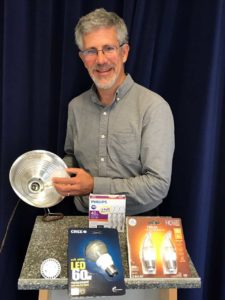The Natural Resources Defense Council (NRDC), a leading environmental advocacy group, was one of the founding members of United for Efficiency in 2015. It continues to bring its world-class energy efficiency expertise to the initiative because reducing the emissions of pollutants that cause climate change is the Council’s top priority.
NRDC has a long track record of working to improve the energy efficiency of buildings and the equipment inside them.
In United for Efficiency, together with other Partners, NRDC is working with developing and emerging economies to ensure that the refrigerators, light bulbs, air conditioners, distribution transformers and motors that will be sold into them are energy-efficient.
 “This makes sense because investing in energy efficiency is faster, cheaper, and cleaner than building new power plants,” says Noah Horowitz, Director of the Center for Energy Efficiency Standards, Climate and Clean Energy Program at NRDC.
“This makes sense because investing in energy efficiency is faster, cheaper, and cleaner than building new power plants,” says Noah Horowitz, Director of the Center for Energy Efficiency Standards, Climate and Clean Energy Program at NRDC.
“United for Efficiency is a great platform to achieve massive global energy, carbon and economic savings. There are few better door openers in developing and emerging economies than this initiative. Given the potential of the United for Efficiency project, we have invested time to help found the initiative and to serve on its steering and technical committees”.
NRDC brings, in particular, its deep expertise of lighting and cooling technologies and policies to the initiative.
Noah Horowitz helped draft the legislation with which the United Stated transitioned from inefficient incandescent light bulbs to energy savings alternatives such as CFLs and LEDs. He is now supporting United for Efficiency to transfer this know-how to policymakers in developing and emerging economies.
Most recently, NRDC participated actively in a United for Efficiency stakeholder group developing a lighting model regulation that policymakers in developing and emerging economies can use.
“Light bulbs are the low hanging melons in the efficiency tree. No other product offers such compelling savings on a per product basis. LEDs use up to 90 per cent less energy than conventional incandescent light bulbs,” says Horowitz.
The model regulation, to be released in spring 2018, sets a minimum efficiency floor that will prohibit future sales of incandescent and halogen lamps due to their inefficiency. It also sets minimum performance criteria for LED light bulbs to ensure consumers will like using them.
NRDC looks forward to promoting benefits of energy efficiency together with all of the United for Efficiency Partners in the years ahead.
“We have been encouraged by the interest and strong support by the manufacturers who have chosen to partner with United for Efficiency,” says Noah Horowitz.
His dream is to see developing and emerging economies cutting their electricity use by 10% with the support of United for Efficiency.


Leave a Reply